
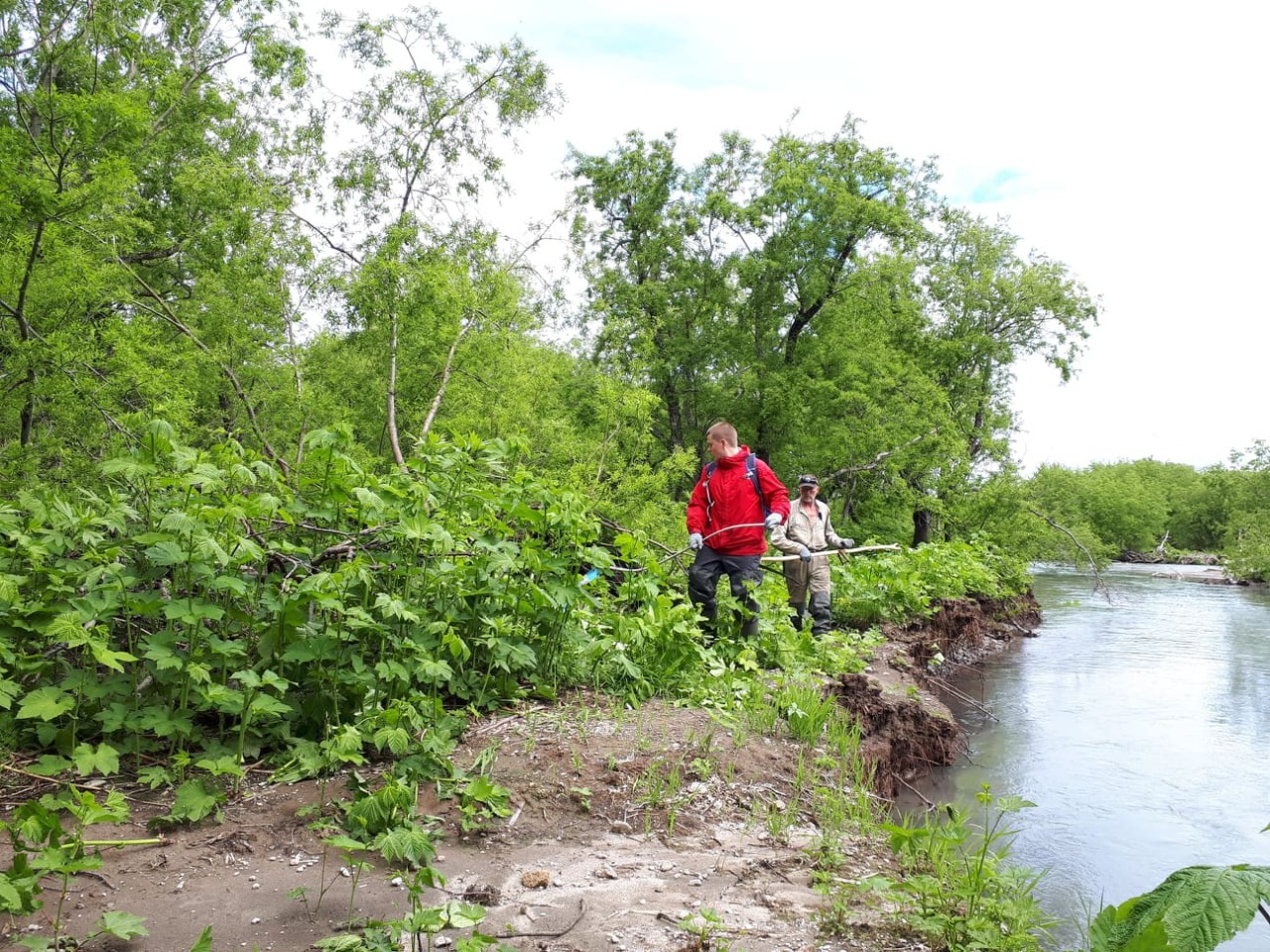
Every year, there are vacancies and information about training and volunteer programmes in various reserves in Russia. Students and graduates from the universities actively use this opportunity to enjoy the beauty of nature in remote areas of Russia, to gain rich experience in research activities and make new friends. How to get a job in a reserve was discussed by the participants of the webinar organized and held by the Russia’s green movement ECA (The ECA movement is an interregional environmental public organization).
The main problem is that specially protected natural areas and potential employees, volunteers and students cannot find each other. There are totally 108 federal reserves and 63 national parks in Russia, and some regional ones as well. And all of them have a shortage of personnel, says Anastasia Mirsanova, the expert at the ANO Expocentre “Reserves of Russia”.
You can get a job at a reserve not only as a biologist or a guide. There are four main work areas where employees are required - security, science, environmental education and ecological tourism, as well as related areas, for example, routine work.
For the work in the reserve security, it is necessary that a person has served in the army and is in good health and physically strong, it is also desirable to have the car and boat driving licences to use vehicles or a small boat to patrol hard-to-reach places.
Another work is possible in the scientific department. “We not only protect special natural areas, we also study them, so students of specialized faculties - geographers, biologists, ecologists and anthropologists - join us to get some training and work,” says Anastasia Mirsanova. “One of the important requirements for them is good knowledge of the English language, which is necessary for the exchange of experience and scientific knowledge with foreign colleagues around the world.”
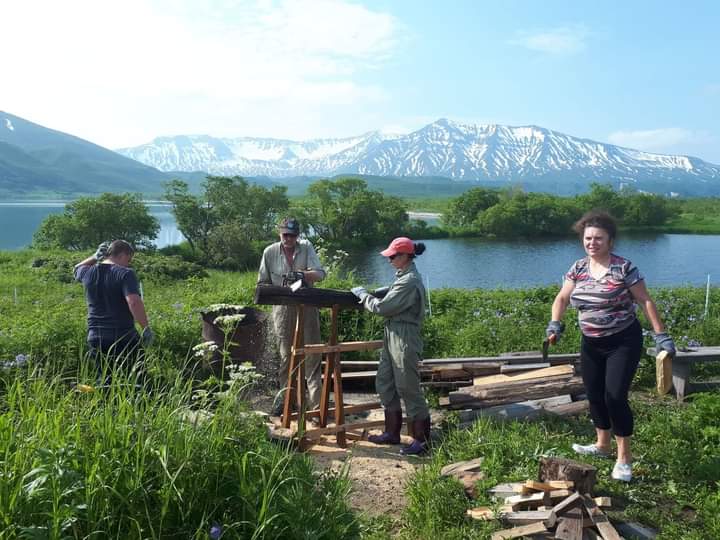
For those who want to promote reserves and bring the ideas of the nature protection to the people, there is a department of environmental education often combined with a press service, public relations department, and a tourism department. It is attended mainly by students and graduates interested in the humanities.
“The staff of the reserves can also go outside the reserve area, conduct eco-lessons at schools, hold events in nearby settlements, online events especially relevant now, in lockdowns,” explains Anastasia Mirsanova.
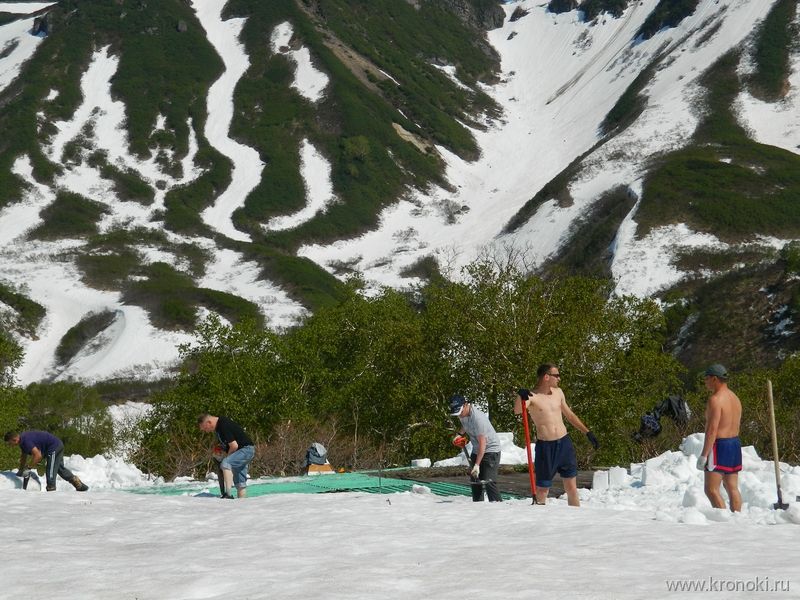
In addition, there is a department of educational tourism, whose employees show the wildlife to their visitors.
Finally, all reserves have a logistics, finance and legal departments. If you do not have a specialized natural science or humanitarian education, but you are a lawyer or an accountant, you can get a job at the reserve and help connected with your profession.
You can work at the reserve just for one season - as part of a volunteer programme. Andrey Rudnev, Chairman of the Association of Green Universities of Russia, the prizewinner of the Volunteer of Russia-2019, shares his experience in volunteering in the protected areas of Russia.
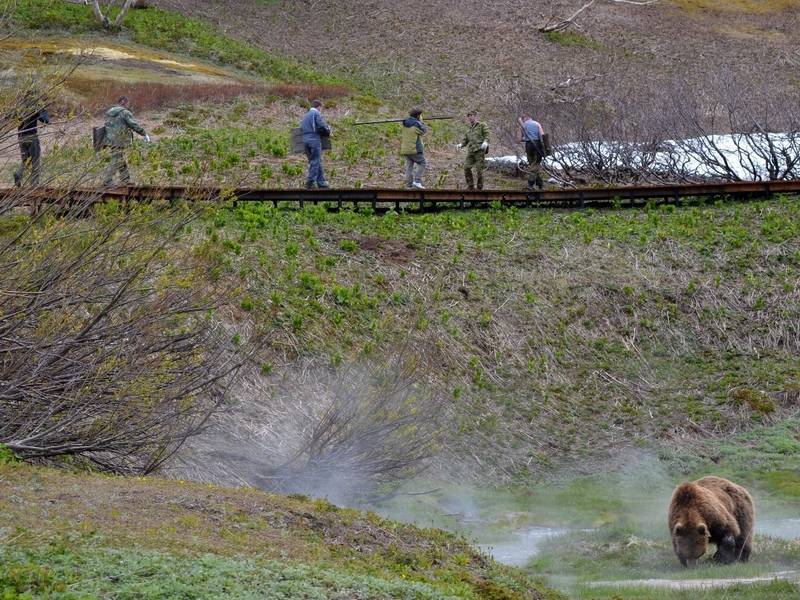
“We went and helped develop the reserves’ infrastructure. Now, this line of activities is very popular among students and many student teams are being created,” he says.
According to Andrey, many students go to the nature reserves as volunteers, but only a few would like to stay to work there. The reasons that keep many of them from working at the reserves are low salaries and remoteness from civilization. For example, an inspector’s salary is 10–20 thousand roubles a month. At the same time, the requirements for candidates are quite high. One of the acceptable options is to work remotely, combining study and work, and help the reserve. Such work is a good choice, for example, for designers and SMM-specialists, he believes.
Ksenia Gasparyan, Development Director of the Zapovednoye (Protected Area) Embassy Charity Foundation, an expert in the volunteer projects and training students in specially protected natural areas, speaks about various areas of joint work with volunteers and employees at the nature reserves and national parks.
“There is the Friends of Protected Islands Movement, a new project based on the scout movement helping the wildlife. The movement includes people living near a reserve and feeling that this is the area that they must protect and maintain. They have been doing this work all their lives. For example, we have the clubs of Friends of the Altai that include people who studied together at the University in Barnaul and now help the Altai Reserve. The similar clubs of friends support the Katunsky Reserve and Saylyugemsky National Park, this system is also developed in Bashkiria,” Ksenia says.
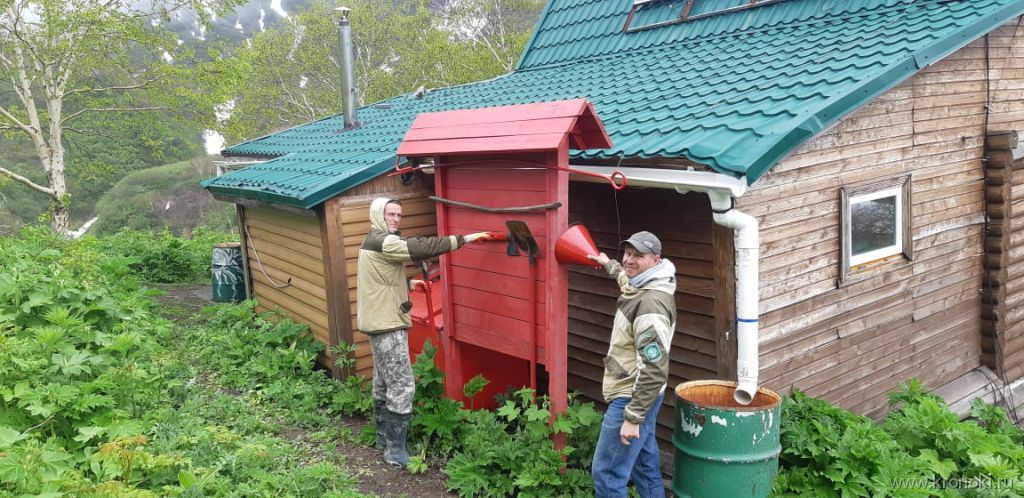
You can get a job at the reserve for seasonal work, you can work remotely - this is how many foreign ministry spokespersons work, there are also freelance employees. But this requires a work experience, Ksenia warns. “We have training programmes for future employees of the reserves. We train them to work in the environmental education, we even have courses on accounting at the reserves,” she adds.
According to her, volunteering is the best way to get into the reserve. “Every year a lot of people apply to the reserve, they want to go as volunteers, but many of them fail at the interview stage. To begin with, an interview is conducted with them via Skype. A person must clearly understand where he or she is going to and why, not to get disappointed later,” says Ksenia Gasparyan.
Pyotr Shpilenok, Director of the Kronotsky State Natural Biosphere Reserve, one of the most famous and popular protected areas in Russia, agrees with her. “You need to understand that you are not going there to travel or make a lot of money - this is not the right place for that. Working at the reserve is service. Our employees are well aware of this, so we have a very low personnel turnover,” he says.
At the end of the webinar, Anastasia Mirsanova, an expert from the ANO Expocentre “Reserves of Russia”, notes that nature conservation activities, of course, do not bring much money, but they give an opportunity to reveal individual talents and earn online. Often, volunteers become bloggers, photographers, their pictures taken in the nature reserves spread all over the Internet and bring them popularity and well-deserved popularity.
REFERENCE
The mission of the Interregional environmental public organization ECA is to involve as many people as possible in reducing the ecological footprint and fostering an attitude of care towards nature. Since 2010, it has been implementing a series of large-scale environmental education programmes and projects. All-Russian eco-lessons are conducted under its auspices by 60,000 teachers from all the regions of Russia, more than 2 million schoolchildren took part in them. Initiated by ECA, the Association of Green Universities brings together over 58 higher education institutions implementing specific environmental measures - for example, the introduction of separate waste collection, water saving, and a responsible attitude of the people towards the waste collection and disposal; the reforestation is also actively developing. So, within the framework of “More oxygen!” programme - one of the first held by the movement - more than 10 million trees have been planted and 5,000 school forest nurseries were created.
